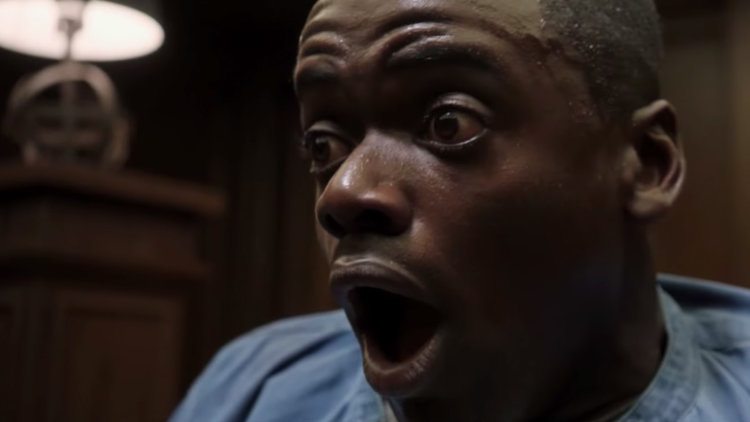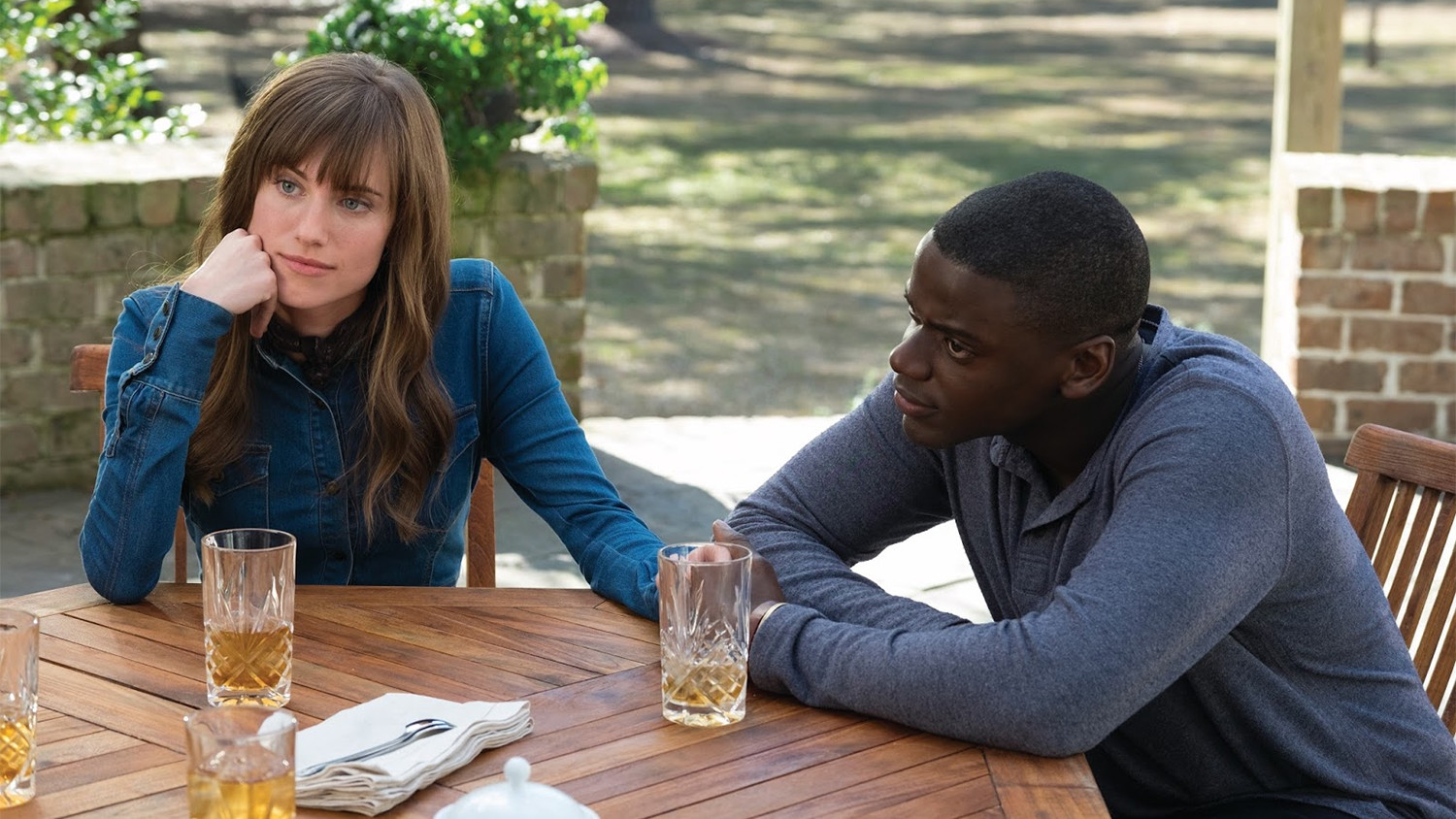Speaking from personal experience, now is an awkward time to be an African-American. In my lifetime, race shed its 1,000-pound gorilla suit. It’s a slow stalking predator these days, an always-present, but seldom talked about reality. For reasons related to white houses and riots, it’s back at the forefront and ripe for exploration in culture. Take Get Out for instance.
I first heard about the new movie through a white friend. She was in the middle of a pitch on the virtues of Comedy Central programming. Directed and written by the network’s Jordan Peel, Get Out is a horror film set against the backdrop of rural America. It’s a tale of love and betrayal. It’s a spotlight on the very real racial tension that’s made its way to the forefront of our collective consciousness after a decade of laying low.
As Get Out begins, a black man on his way to meet someone – and we know that it’s a woman – is walking through a small town. He’s clearly got a thing for her. He’s been seduced, or about to be seduced. Then he gets lost in the small town. It’s your first hint that something has gone wrong in the world of this film, but the revelation is done in such a way that you’ll laugh it off. You’ll ask yourself, “So this is going to be a light comedy?” That misdirection is something that dominates the film. When it should be serious, it’s not. It’s as if Peele is wagging a bone in the face of a dog so that the dog doesn’t realize he’s slipped something into his food. Never have I been played and liked it more. It’s a classic comedy writer move.
Chris Washington (Daniel Kaluuya), is a successful photographer that calls the big city home. Soon we meet Rose (Allison Williams), his well-mannered girlfriend from a small town. Their relationship is only in its early stages, but already Rose wants Chris to meet her parents. Bradley Whitford and Catherine Keener are in those roles.

Williams plays her role like a fiddle. She’s a natural as the Girl Next Door, even if her character does feel a bit stilted in the earlier parts of the film. Kaluuya’s Chris nails it though. Whitford, who’s America’s “cool dad” and something entirely more sinister all in the span of a few seconds, does well too. Keener is the stuff of nightmares. Peele’s writing on this subject comes from personal experience. He’s married to another comedian, Chelsea Peretti. Peretti is white.
Get Out is the sort of movie that gets all types of people talking about it. No doubt, you’ve seen the discussions in blog comments. Maybe, it’s all your friends can talk about on Facebook. It’s very easy to hear all of this conversation and decide that the hype can be authentic; it’s easy to think that there’s no movie in a cinema right now that demands this much attention. Don’t fall into that mindset. This is a good film.
It’s funny in all the right places, managing to mix lots of humor with an authenticity that oozes from every scene. If you’re black, you’ll watch this film and think to yourself, “This is exactly how I feel in crowds.” If you’re white, you’ll watch this film and think to yourself, “This is why I don’t talk to my cousins at family cookouts and reunions.”
For a thriller, there’s not a lot of action to be found here. Instead, mental tricks, comedy (Hello Erika Alexander) and decent twists hold the film together.
Even more impressive than its humor is this film’s ability to play with your darkest thoughts. You’ll wonder if you accidentally come off like Rose’s family members when talking to your black friends. If you are that black friend, you’ll recognize the fears in this film as manifestations of your own daily worries. It plays with themes of public perception. It toys with your idea of romance and the desire to fit in anywhere, even if that means finding that one person in the room that looks and talks like you do.
Mental tricks and Erika Alexander.
The film is most successful when it toys with the somewhat idealistic vision of interracial relationships that some African-American males have in their head and never share. Some part of us, no matter how much we try to fight it, still thinks, “White is good.”
Get Out is successful because it trades on your relationship with race, no matter what color you are. Too often, film makers attempt to conjure fear through elaborate plots involving things we can’t explain. This film proves that maybe they should be mining their own darkest fears instead. Racism and the fear of racism isn’t some otherworldly force. Unlike ghosts, it needs to explanation.
